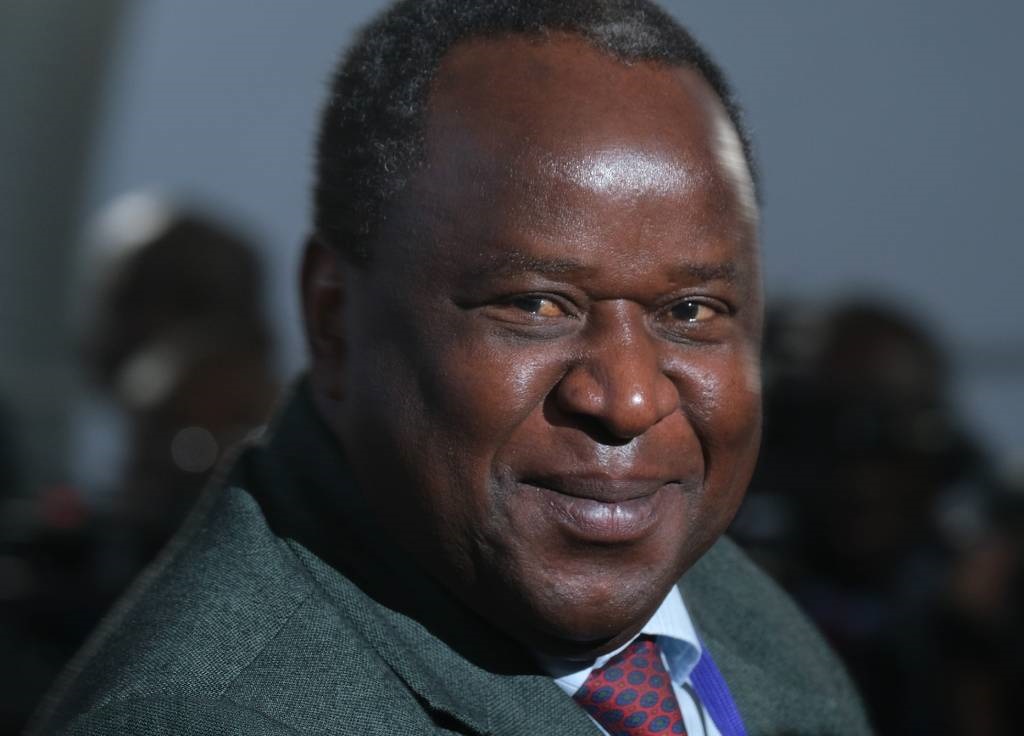
- Despite interventions, unemployment remains a major challenge.
- As of mid-June, the UIF has provided R23 billion in Covid-19 relief to over 4.7 million workers affected by the pandemic
- In SA, unemployment has worsened further.
Minister of Finance Tito Mboweni said even with the Unemployment Insurance Fund and the R100 billion multi-year economic support package to save jobs, unemployment will remain the biggest economic challenge for South Africa in the year ahead.
"The figures from yesterday show that unemployment is our single greatest challenge. The economic support package sets aside R100 billion for a multi-year, comprehensive response to our jobs emergency. The President’s job creation and protection initiative will be rolled out over the medium-term," the minister said during his budget speech.
This comes as observers expect the economic fallout from the Covid-19 pandemic and the subsequent national lockdown to hammer jobs data for the rest of the year.
After President Cyril Ramaphosa announced a R500 billion stimulus package to assist the economy in April, Mboweni announced that he would table an "emergency budget" which took the economic impact of the pandemic into account.
In May a Transunion survey found that 14% people reported job losses compared to 10% when the company conducted the same survey in early April, just after South Africa went on lockdown.
Mboweni said as of mid-June, the UIF has provided R23 billion in Covid-19 relief to over 4.7 million workers affected by the pandemic thanks to a huge upgrade and repurposing of the UIF system to deal with the increase in mostly online applications, and to build in protections against fraud.
"We thank all involved for the upgrade, there were many individuals from the private and NGO sector who volunteered their time to assist the UIF. There are still challenges but we are confident that the team is working tirelessly to iron them out," Mboweni said.
Mboweni said throughout the world, tens of millions of workers lost their jobs, South African unemployment increasing by one percentage point, reaching 30.1% in the first three months of this year.
"The figures from yesterday show that unemployment is our single greatest challenge. The Economic Support Package sets aside R100 billion for a multi-year, comprehensive response to our jobs emergency. The president's job creation and protection initiative will be rolled out over the medium-term.
"It will include a repurposed public employment programme and a Presidential Youth Employment Intervention. In this year, an amount of R6.1bn is already allocated, and a further R19.6 billion has been set aside mainly for this purpose," said Mboweni.
Efficient Group economist Dr Francois Stofberg said the work of investing into jobs and development could be justified if the minster could convince South Africans and investors that the government was serious about spending on the right items more efficiently.
"Years later we will hear the finance minister speak more about wealth creation through economic growth and jobs. Before they were redistributing wealth but no creating wealth. This will be done by reducing public wage bill and spending effectively on the next three to five years on health and education," said Stofberg.
Employment and Labour Minister Thulas Nxesi told Parliament in May that his department was working on additional job creation strategies to assist employees and companies impacted by the coronavirus pandemic, as unemployment levels are expected to rise.
Nxesi said in April that while the UIF and the Compensation Fund were going to be under "very serious strain" for some time, the economic impact of the coronavirus pandemic had prompted the department to consider investing aggressively in job creation.